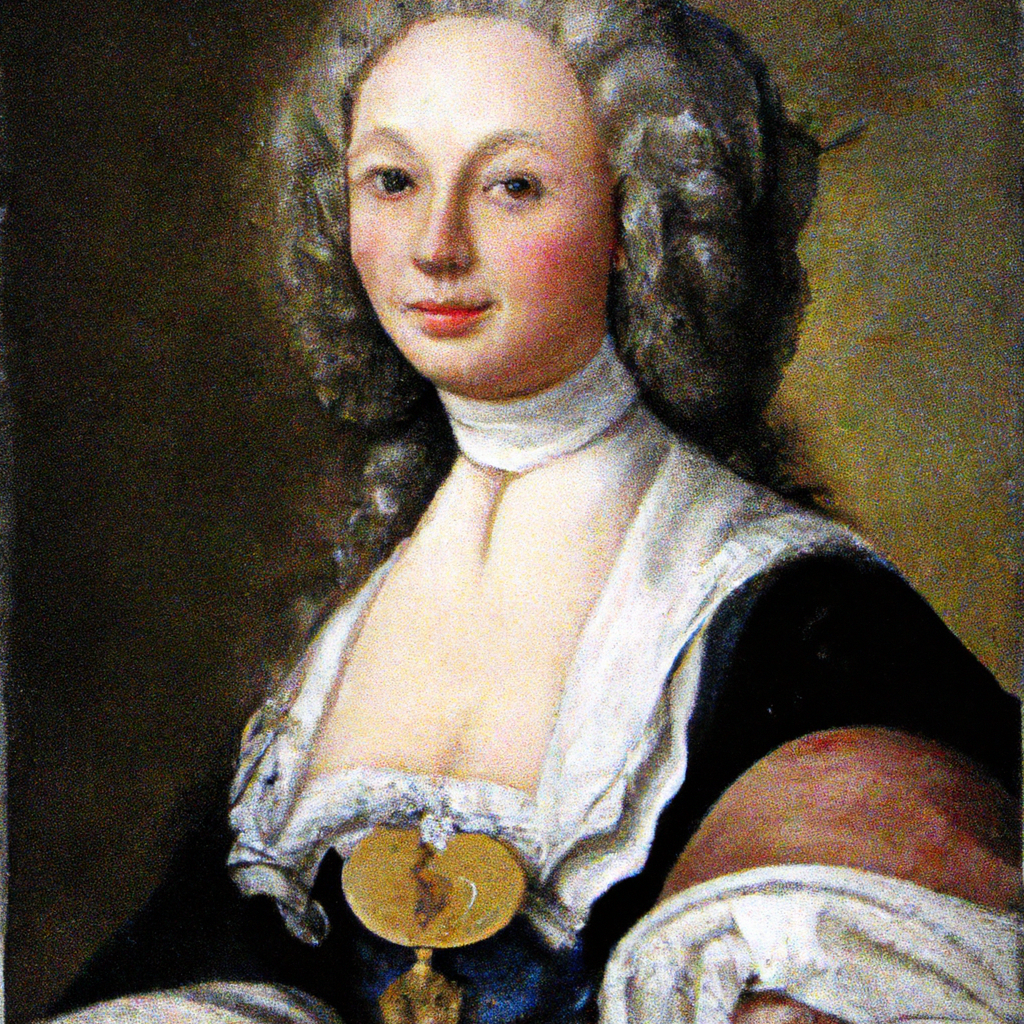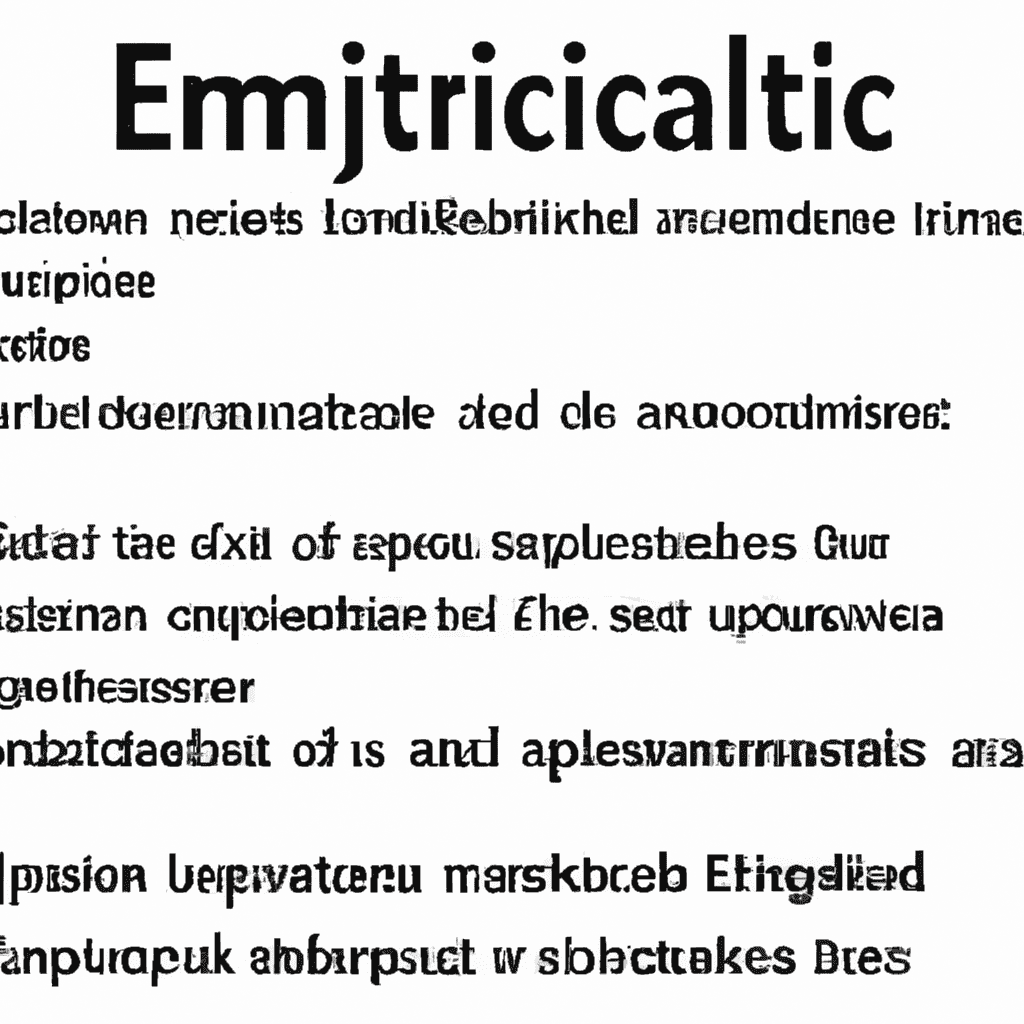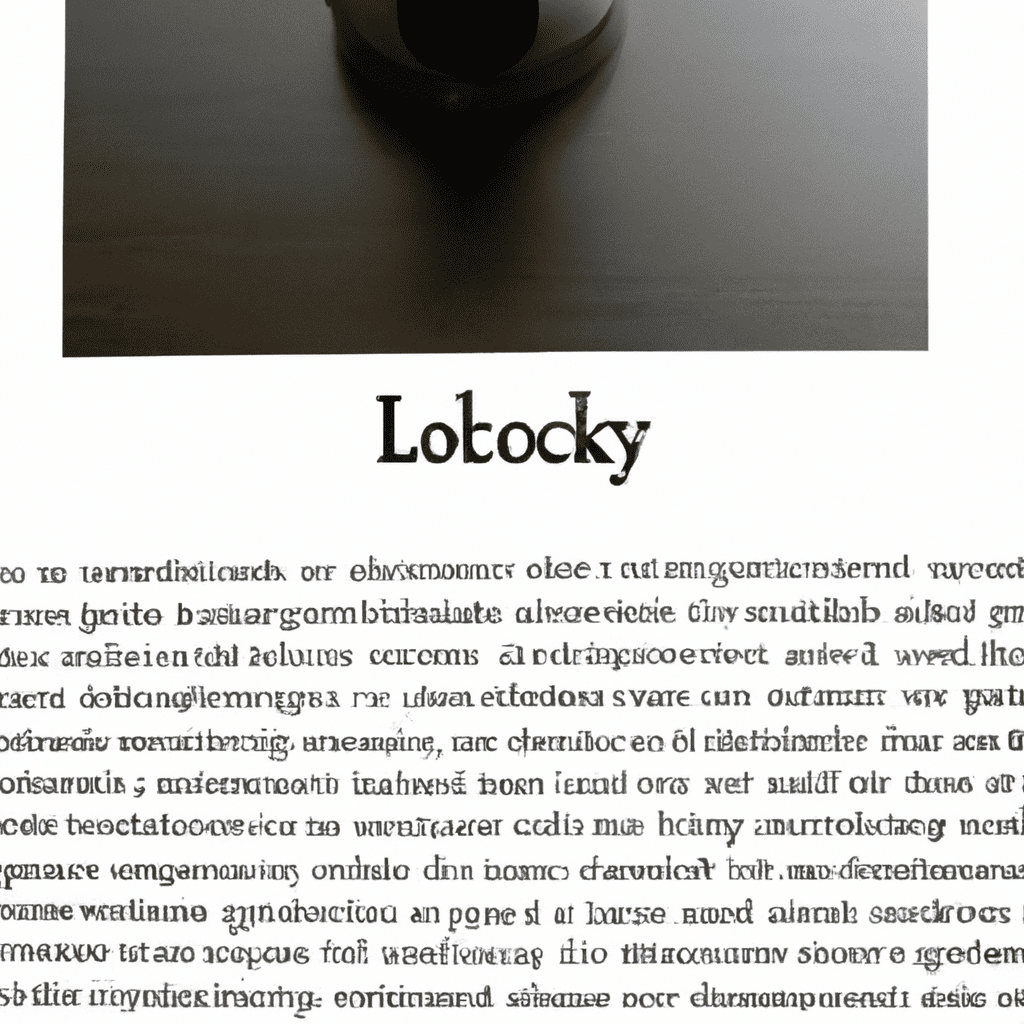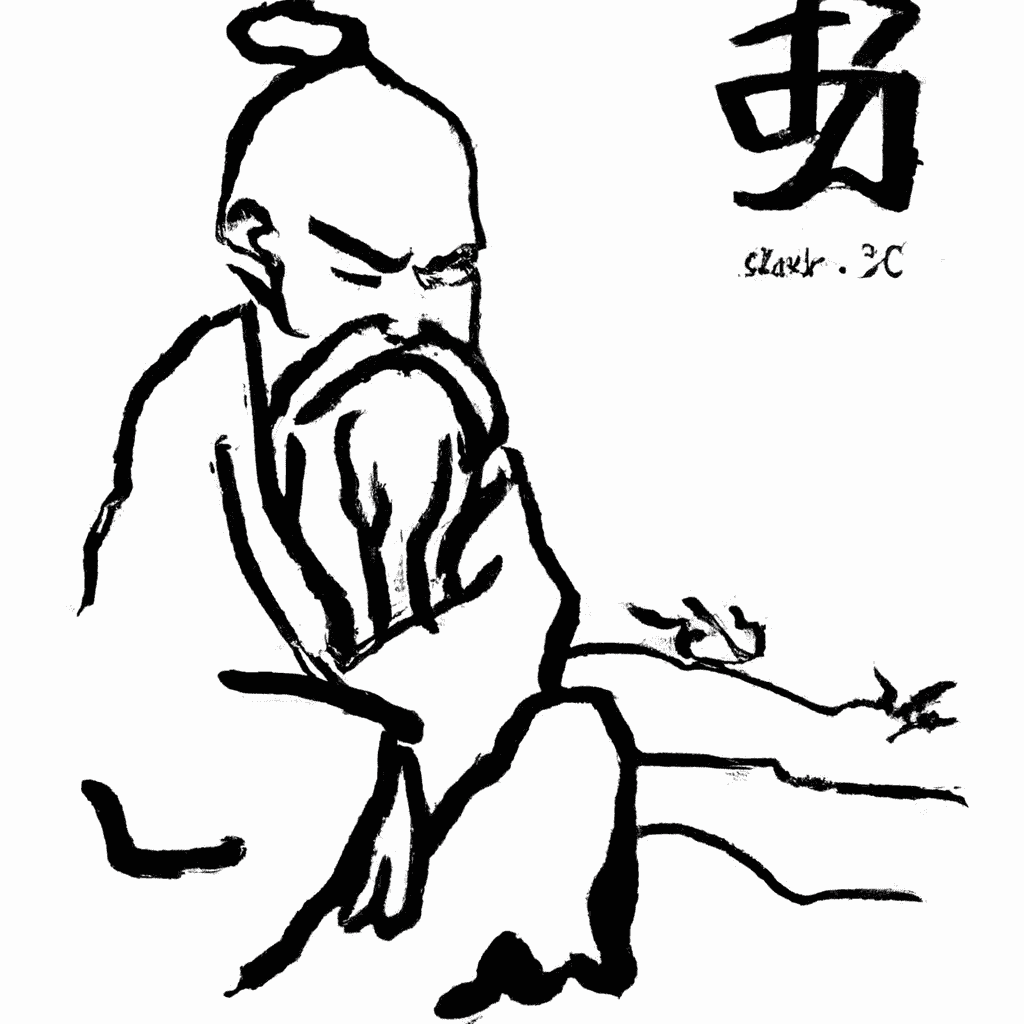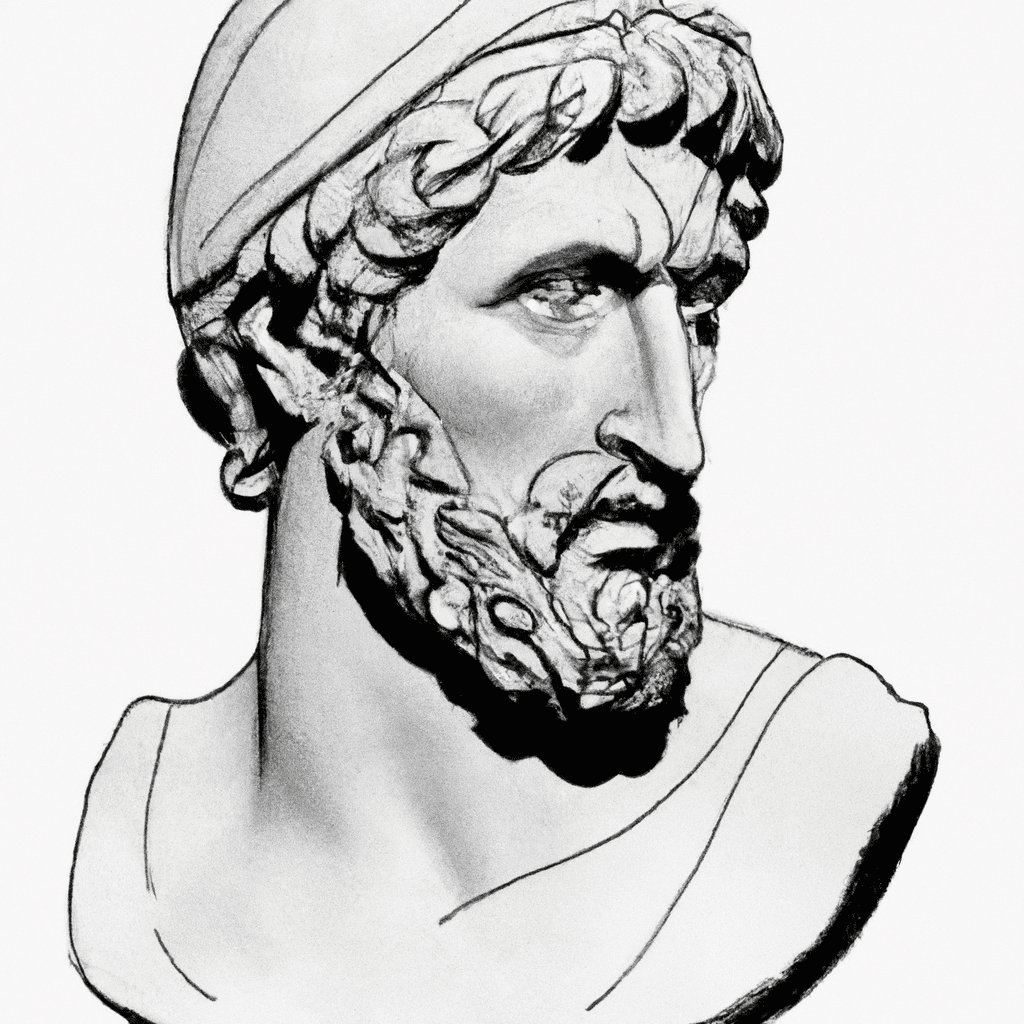Angélique de Saint Jean Arnauld d’Andilly (1624–1684) Angélique de Saint-Jean Arnauld d’Andilly, an abbess of the convent of Port-Royal, was a leader of the intransigent party in the Jansenist movement. A prolific author, Mère Angélique…
Catégorie de navigationWiki Philosophie
Empirical Aesthetics
Empirical Aesthetics Empirical aesthetics is a research area at the intersection of psychology and neuroscience that aims to understand how people experience, evaluate, and create objects aesthetically. Its central two questions are: How do we…
Locke: Épistémologie
Locke: Epistemology John Locke (1632-1704), one of the founders of British Empiricism, is famous for insisting that all our ideas come from experience and for emphasizing the need for empirical evidence. He develops his empiricist…
Knowledge by Acquaintance and Knowledge by Description
Knowledge by Acquaintance and Knowledge by Description Our own experiences of pain are better known to us than the bio-chemical structure of our brains. Some philosophers hold that this difference is due to different kinds…
Lao Tseu (Lao-tseu, fl. 6ème CN. avant notre ère)
Lao Tseu (Lao-tseu, fl. 6ème CN. avant notre ère) Laozi est le nom d'un légendaire philosophe taoïste, le titre alternatif du premier texte chinois mieux connu en Occident sous le nom de Daodejing, and the moniker of…
Natural Theology
Natural Theology Natural theology is a program of inquiry into the existence and attributes of God without referring or appealing to any divine revelation. In natural theology, one asks what the word “God” means, whether…
Thales of Miletus (c. 620 B.C.E.—c. 546 B.C.E.)
Thales of Miletus (c. 620 B.C.E.—c. 546 B.C.E.) The ancient Greek philosopher Thales was born in Miletus in Greek Ionia. Aristote, the major source for Thales’s philosophy and science, identified Thales as the first person…
Histoire de l'amour
Histoire de l'amour Qu'est-ce que l'amour? Nous souhaitons tous avoir la réponse à l’une des questions les plus universelles, mystérieux, et des phénomènes omniprésents sur cette planète. And even if we perhaps have a special feeling…
Constructivisme politique
Constructivisme politique Le constructivisme politique est une méthode permettant de produire et de défendre des principes de justice et de légitimité.. Elle est étroitement associée à la technique de John Rawls consistant à soumettre nos délibérations sur la justice à certaines contraintes hypothétiques.….

